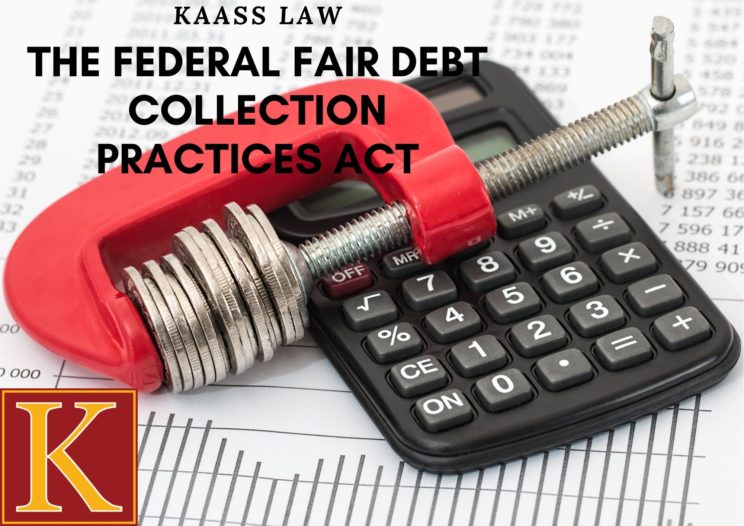According to the Fair Debt Collection Practices Act (FDCPA) it is unlawful for the debt collector to use unfair, abusive, or deceptive practices when collecting debts.
Types of debt that are covered under the FDCPA include:
- Credit card debt
- Medical bills
- Auto loans
- Student loans
- Mortgage and other household debts.
Business debts are not covered under the Fair Debt Collection Practices Act.
According to the FDCPA Can a Debt Collector Legally Contact a Person’s Employer?
Debt collectors are allowed to contact the employer in the following cases:
- In case the person or his legal representative agreed in writing that the debt collector can contact his employer
- For verifying the employment
- To find out person’s location information
- To garnish person’s wages (but only after the debt collector sued him/her and the court entered a judgment against him)
- To find out whether the person has a medical insurance
Can a Debt Collector Contact Other People?
Under the FDCPA, debt collectors are allowed to contact:
- The person’s spouse
- The person’s parents or guardian in case he/she is under 18
- The person’s attorney
- Credit reporting companies, if allowed by law
А debt collector is not allowed to contact person’s family members, neighbors, or other people about his debt unless:
- To find out person’s location information;
- A debt collector is acting with a court permit
- It is reasonably necessary to effectuate the court judgment
- The person or his/her legal representative agreed in writing that the debt collector can contact other people.
Disputing a Debt
In case the debt collector contacts a person about his/her debt that he/she doesn’t owe, it is important to respond in writing to dispute the debt as soon as possible. In case the person fails to respond, the debt collector will keep trying to collect the debt and can even sue him/her.
A debt collector first contacts the person within five days and then he/she must send him/her a “validation notice,” which contains the following information:
- The amount it supposed the person owes
- The creditor’s name
- How to dispute the debt in writing.
A person must dispute the debt in writing within thirty days of when the debt collector first contacted him/her. In this case the debt collector must stop trying to collect the debt until it can show the person verification of the debt.
A person must dispute a debt in writing in case:
- He/she doesn’t owe the debt
- He/she already paid the debt
- He/she wants more information about the debt
- He/she wants the debt collector to stop contacting him/her
What Are Debt Collectors Not Allowed to Do According to FDCPA?
According to the FDCPA, debt collectors are not legally allowed to harass a person, such as:
- Threaten him/her with harm or violence
- Use offensive or disrespectful language
- Use a phone to purposely annoy the person by continuously
Debt collectors are not legally allowed to lie to a person, such as:
- Misrepresent him the amount of the debt he owes
- Misleadingly claim the person will be arrested
- Misleadingly claim that the legal action will be taken against him
Debt collectors are not legally allowed to can’t engage in unfair practices, such as:
- Try to collect fees, interest or other charges unless state law or the contract allows it
- Take or threaten to take the person’s property unless it can be performed legally
- Deposit a post-dated check early
Get in touch with KAASS Law for more information at (310) 943-1171 or by filling out the form below.

